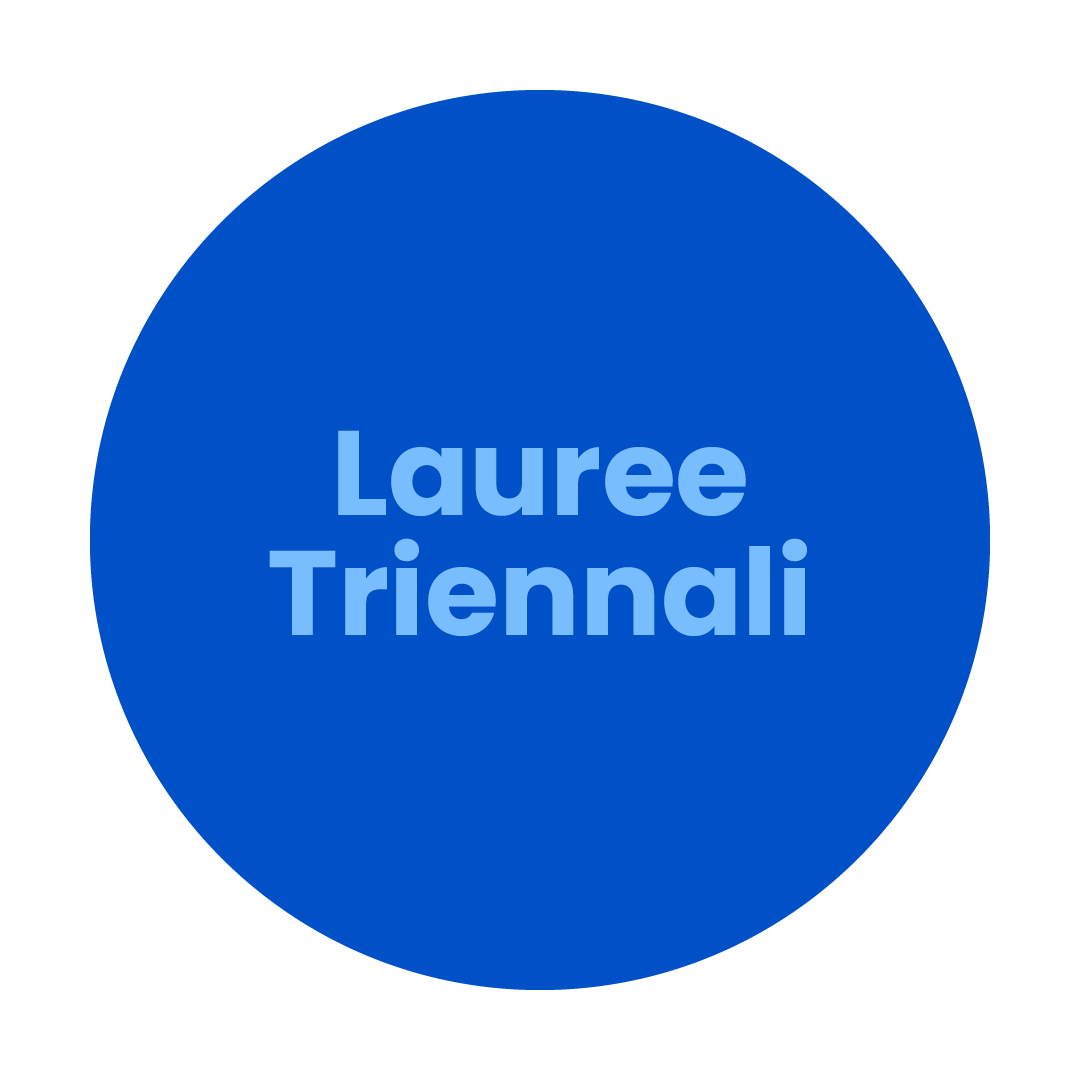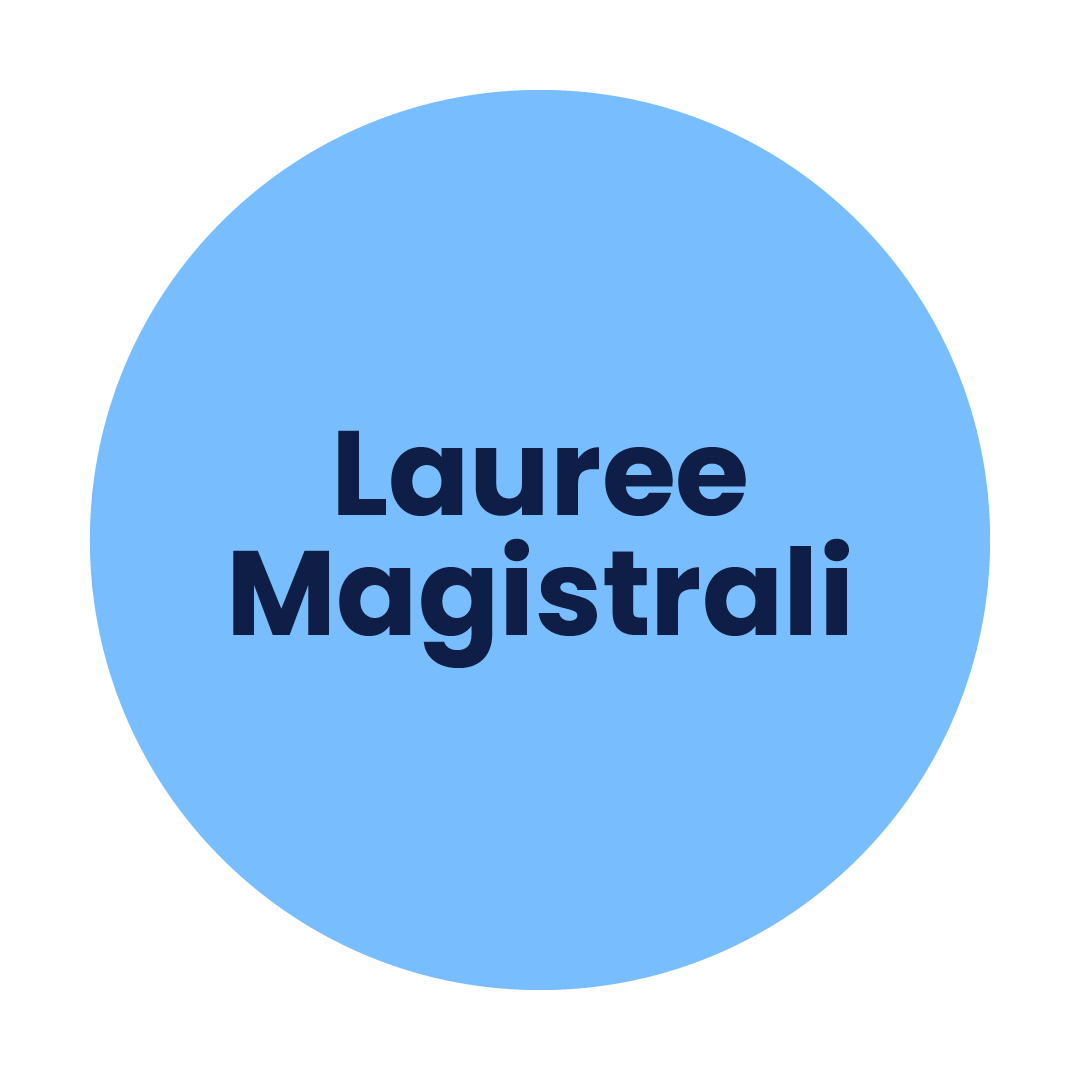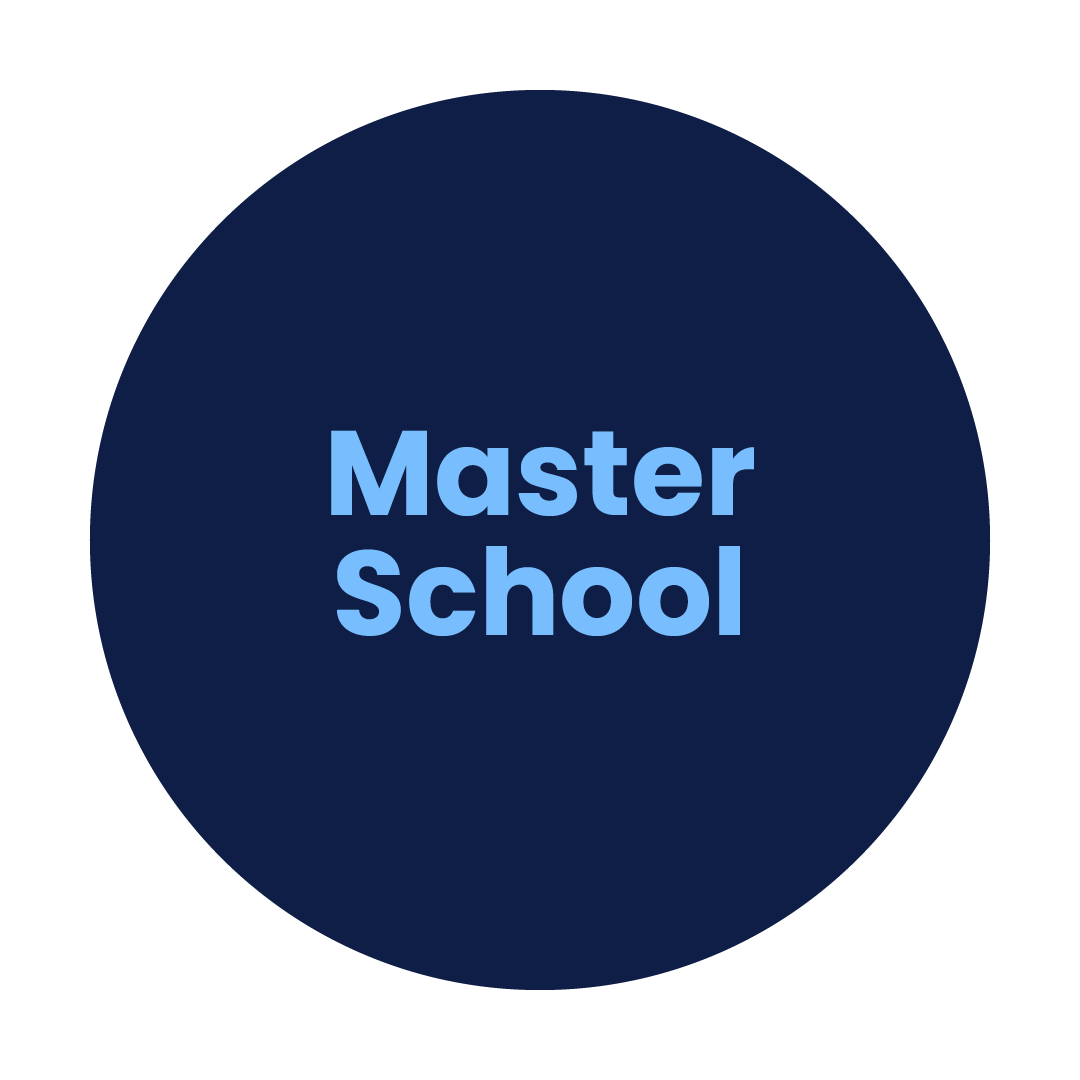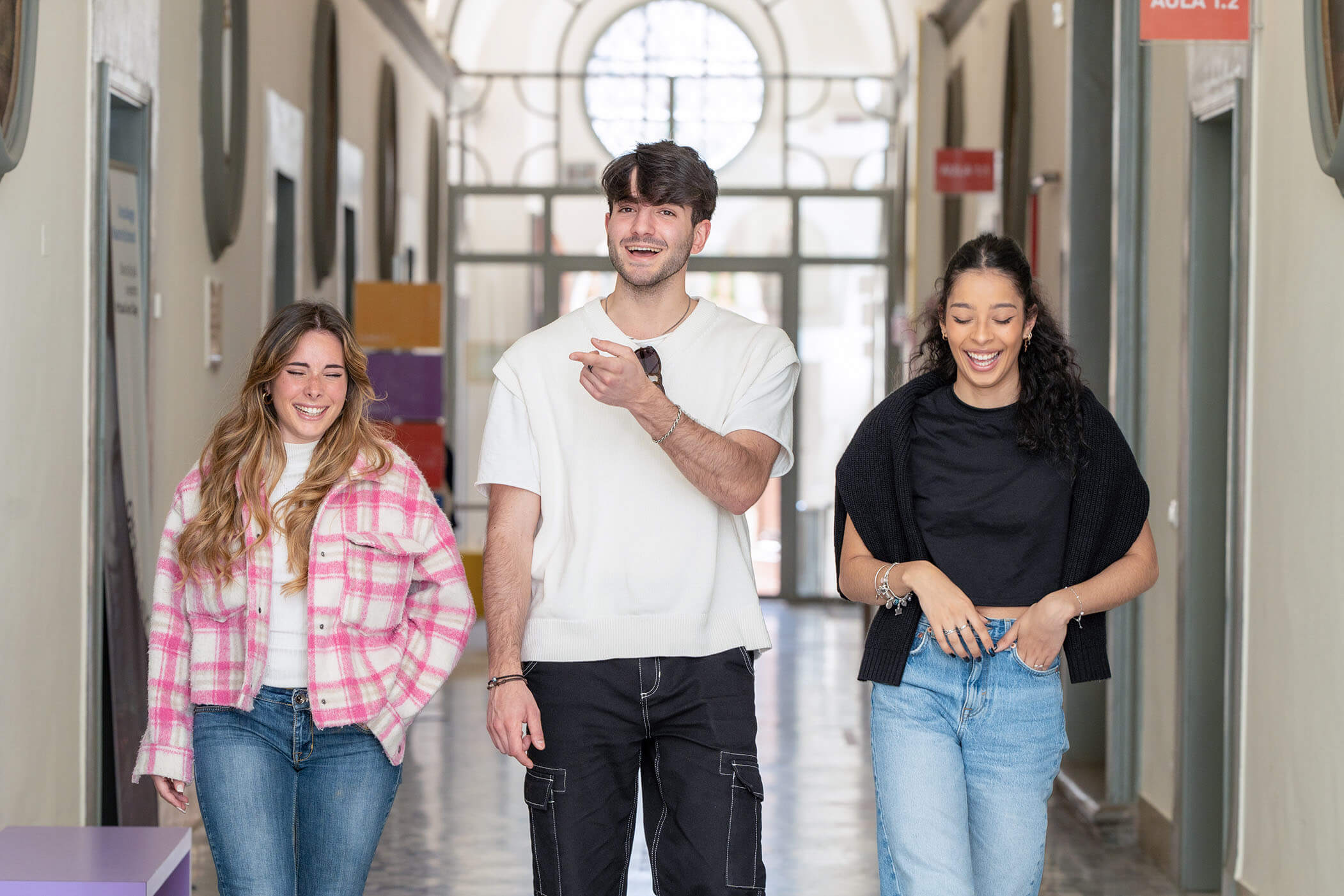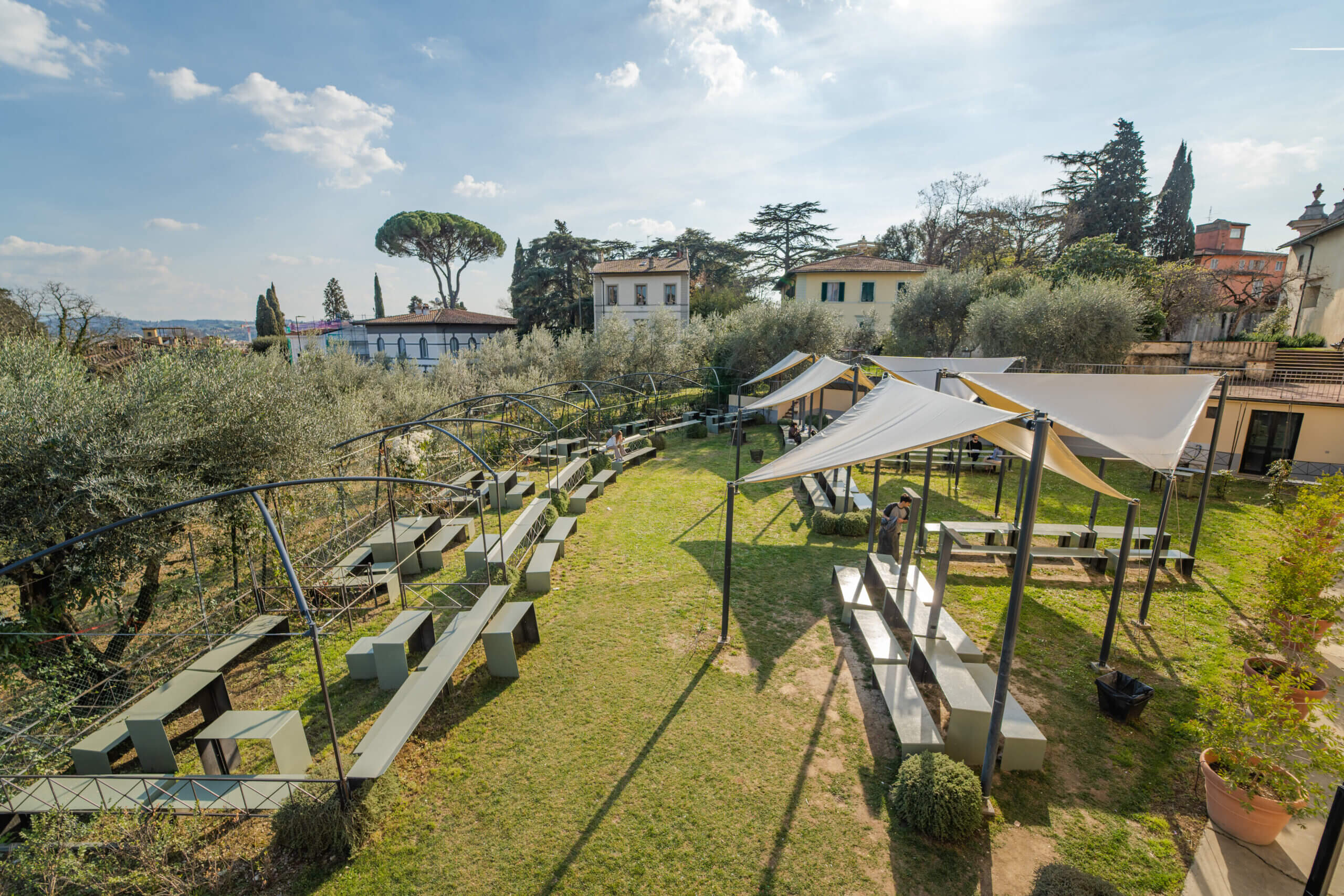Scopri l’offerta formativa di Unicollege e inizia a progettare il tuo futuro.

Potrai partecipare a un colloquio personalizzato con i nostri tutor
Svolgi il Test per iscriverti alla Laurea Triennale in presenza nelle sedi di Firenze, Mantova e Torino oppure online tramite la piattaforma virtuale
Sabato 11 maggio 2024 alle ore 16:00
Sabato 18 maggio 2024 alle ore 16:00
Scopri
Eventi Unicollege

